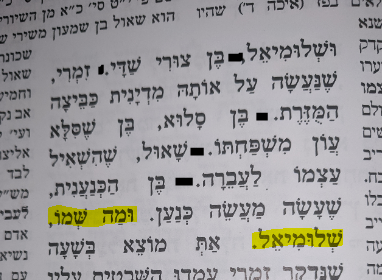Say WHAT?
Justus Angel and Mistress L. Horry were wealthy landowners in South Carolina’s Colleton District in the 1830s, in what is now Charleston County. The couple owned 84 slaves each for a total of 168, at a time when most of their peers owned a handful. Their slaves worked their plantation and made them rich. Angel and Horry also traded slaves for profit, showing no regard for dissolving slave families. They were no kinder or crueler to their slaves than anyone else. They were considered “slave magnates” because of the number of slaves they owned. They were referred to as the “economic elite.” They were also black.
Black people owned black people in all 13 original colonies and in every state that allowed slavery. Frequently, freed black people would go on to own more slaves than their white neighbors. In 1830, nearly a fourth of the free black slave masters in South Carolina owned 10 or more slaves, and several owned more than 30, far surpassing their white slave-owning neighbors.
Yes, black people, frequently former slaves themselves, owned slaves. While it can be said that many black people owned family members to protect them and keep them close, black slave owners also bought and sold slaves for profit. Renowned African-American historian and Duke University Professor, John Hope Franklin, wrote “The majority of Negro owners of slaves had some personal interest in their property. There were instances, however, in which free Negroes had a real economic interest in the institution of slavery and held slaves in order to improve their economic status.” Franklin also wrote that roughly 3,000 free black people in New Orleans alone owned slaves.
Continue reading…
From PJ Media, here.

